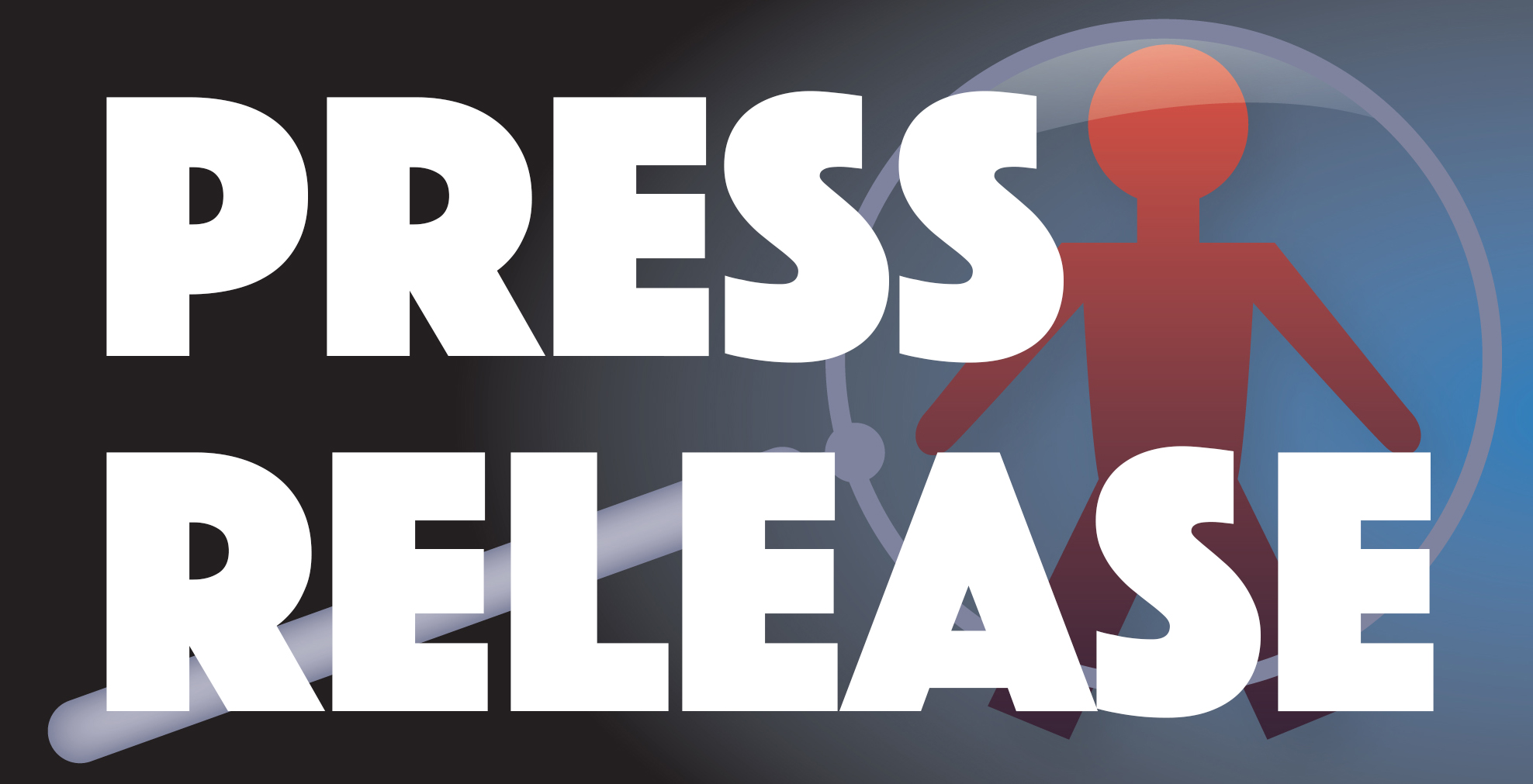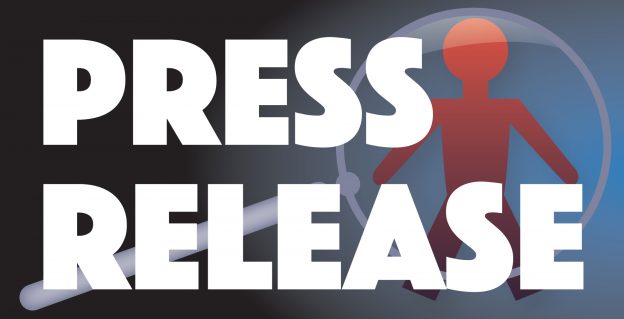For immediate release
New parliamentary report demonstrates urgent need to rein in facial recognition, artificial intelligence in order to protect the rights of people in Canada, says civil liberties coalition

Oct. 5, 2022 – A new parliamentary report on facial recognition technology (FRT) and artificial intelligence (AI) released today demonstrates the urgent need for the federal government to regulate the use of facial recognition technology in Canada, says the International Civil Liberties Monitoring Group (ICLMG), a coalition of 45 Canadian organizations.
“The unregulated use of facial recognition technology, especially by law enforcement, presents an immediate and severe threat to the rights of people in Canada, and particularly to racialized, Indigenous and other over-policed communities,” said Tim McSorley, ICLMG national coordinator. “We fully support the committee’s recommendation of a moratorium on the use of this technology by law enforcement, which must also include intelligence and border service agencies, until appropriate restrictions and rules are put in place.”
The coalition also agrees with the committee that the government must establish no-go zones, particularly for the use of facial recognition for mass surveillance purposes. In 2020, the ICLMG was joined by dozens of Canadian and international organizations and experts in calling for a ban on facial recognition surveillance by law enforcement and intelligence agencies in Canada.
The new report, Facial Recognition Technology and the Growing Power of Artificial Intelligence, was issued by the House of Commons Standing Committee on Access to Information, Privacy and Ethics following its months-long study of the issue. The ICLMG testified before the committee and submitted a written brief. Several of the ICLMG’s recommendations were reflected in the committee’s report, including:
- support for the establishment of “no-go zones” where facial recognition is prohibited;
- a moratorium on the use of FRT by federal law enforcement until new legislation to regulate police use of FRT is put in place;
- the need for public consultation in the creation of legislation to govern the use of FRT in Canada overall;
- the need to grant the Office of the Privacy Commissioner of Canada greater enforcement powers for both public and private sector violations of privacy laws;
- and the need to create stronger transparency requirements regarding the acquisition, use and impact of FRT in Canada.
The ICLMG hoped the committee would go further in certain areas, and remains concerned that border services and intelligence agencies were not explicitly included in the recommendation for a moratorium on the use of FRT by law enforcement. However, these recommendations will still have a significant impact on addressing the threats posed by FRT and AI overall.
For more than two years, government regulators, civil society groups and leading experts in human rights and technology have been calling for decisive, concrete and transparent action on facial recognition technology by the federal government, but it has largely failed to act. This latest report must lead to the legal reforms that are necessary to rein in facial recognition, and artificial intelligence technology more broadly. The ICLMG also remains open and available to participate in consultations on what these reforms should look like.
“We’d like to thank the committee for their rigorous work in studying facial recognition technology and in drafting their final report,” said McSorley. “The multipartican support for the recommendations makes it clear that urgent action is needed, and that these reforms would receive broad support if introduced in parliament.”
For more information, please contact:
Tim McSorley
National Coordinator, ICLMG
613-241-5298
Since you’re here…… we have a small favour to ask. Here at ICLMG, we are working very hard to protect and promote human rights and civil liberties in the context of the so-called “war on terror” in Canada. We do not receive any financial support from any federal, provincial or municipal governments or political parties. You can become our patron on Patreon and get rewards in exchange for your support. You can give as little as $1/month (that’s only $12/year!) and you can unsubscribe at any time. Any donations will go a long way to support our work. |




